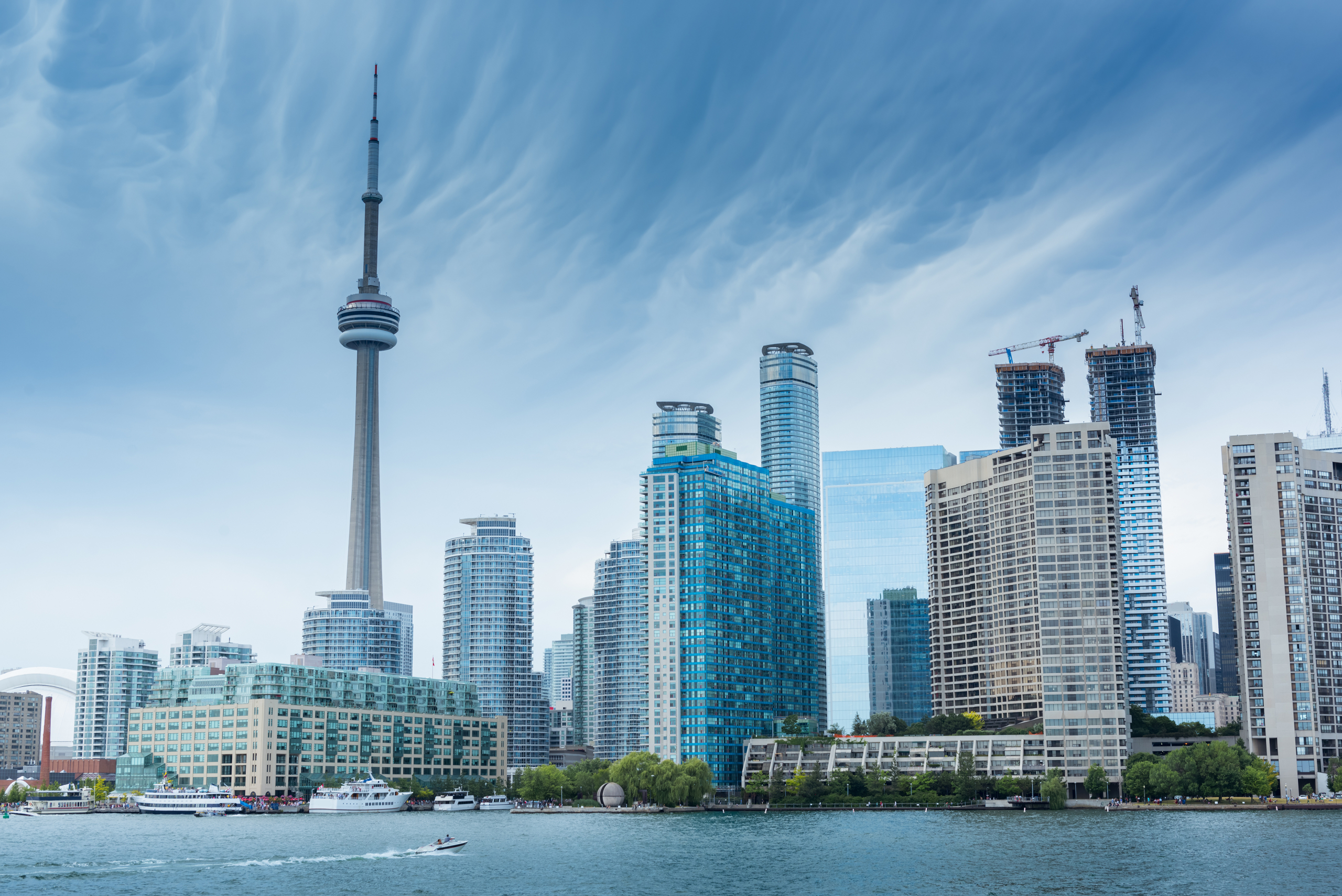September Issue: Investors’ Outlook on What is Happening in the World.

September Issue: #Investors’ Outlook on What is Happening in the World: The #US is grappling with political divisions yet showing economic resilience, #Switzerland’s robust job market and energy stability, #Bulgaria’s high inflation being offset by promising exports, #Moldova’s tech sector thriving amidst broader economic challenges, #UK’s fintech sector outpacing global rivals despite middle-class struggles.
What is happening in the UK?
Marta Albert, Principal at QG Family Office, highlighted that while official inflation rates are reported to be around 7%, these figures don’t account for essential items like energy, food, alcohol, and tobacco, making them misleading indicators of the financial strain on the general public. She observed that while there is still investment activity, particularly in the tech and FinTech sectors, the middle class is struggling. Political debates over spending, she noted, seem disconnected from the realities facing everyday people. In the realm of investments, she mentioned noticeable movements in FinTech and growing interest in Agritech, sectors that appear to be somewhat insulated from broader economic challenges. On the subject of cryptocurrency, she lamented the lack of regulatory clarity, stating that it has led to stagnant market conditions punctuated by occasional spikes. Additionally, Mina Nozari, Strategic Advisor at LVC Holdings, echoed Marta Albert’s observations about the activity in the FinTech and technology sectors in the UK, noting that this is a global trend. She also pointed out a distinct boom in London’s real estate market. Despite rising prices and growing concerns about housing affordability, investment in real estate projects continues to surge in the capital. She observed new construction projects at every turn, suggesting that London could be the next hotspot for real estate investment. Furthermore, Gabriel Navarro Rubio, VC at IDC Ventures, provided insights into the UK’s technology sector. He noted that the UK remains a top destination for venture capital, ranking third globally behind the US and China in terms of VC investments. In comparison to other European markets like France, Germany, and Spain, the UK has raised more than double the amount of capital. Rubio also highlighted the resilience of the UK’s early-stage and Series A funding, which has seen smaller declines than other global markets. Specifically, London-based fintech startups have outpaced their counterparts in the Bay Area and New York in terms of investment, solidifying London’s position as a global fintech hub.
What is happening in the US?
Anthony Jarrin, CEO at The Cannaregio Group, stated that the economic landscape in the United States appears to be relatively stable, outperforming many other regions globally. He expressed optimism about the resilience of both the listed securities market and the private enterprise sector. However, Jarrin also voiced concerns about the political climate, noting a growing dissatisfaction with both major parties and uncertainty surrounding the potential for a second term for the current president. He highlighted the deep divisions within the country as a significant issue that could impact the nation through the end of this year and into the next. Despite these challenges, he remains positive about his company’s strategic focus on the U.S. market, particularly as they continue to shift away from areas of concern like Latin America.
What is happening in Switzerland?
When describing the current situation in Switzerland, Werner Schoenemann, Managing Partner at Xandance & Partners, painted a picture of stability and opportunity, citing the example of a 19-year-old neighbor who easily secured a job with a yearly salary of 60,000 Swiss francs. He noted that the job market appears robust, with low inflation and a central bank interest rate that has risen slightly from sub-zero levels. Switzerland also seems insulated from some of the energy issues affecting the European Union, thanks to its reliance on water and geothermal energy. On the financial front, he mentioned the smooth handling of Credit Suisse’s failure and subsequent rescue by UBS, Swiss Central Bank, and the government. He indicated that the government and Swiss Central Bank have even profited from the ordeal, with UBS recently announcing the return of all government guarantees.
What is happening in Bulgaria?
Yolian Ivanov, Executive Director at The Collins Group noted that inflation in Eastern Europe, including Bulgaria, remains higher than usual. However, he pointed out that macroeconomic indicators are generally positive, with exports exceeding expectations. Despite this, geopolitical tensions have delayed some projects, such as gas exploration tenders on the Black Sea coast. Ivanov also highlighted upcoming events that could impact the region, including a large event by the Three Seas Initiative under President Biden focusing on digitalization, green energy, and infrastructure. He mentioned another significant event in Dubai slated for the end of November, which will address climate change and environmental issues.
What is happening in Moldova?
Arcadie Grosu, Founder at Onyx, indicated that local businesses, especially those in manufacturing and trading, have been significantly impacted. Many international companies have either halted or paused their operations, considering relocating their assets to other countries. However, the technology sector in Moldova appears to be an exception, experiencing growth rather than decline. He attributed this resilience to an influx of refugees, including IT professionals, which has led to an increase in projects and work opportunities in the tech industry. Additionally, he also noted that inflation is affecting businesses in Moldova, similar to other countries, painting a mixed outcome.
What is happening in Canada?
Mira Sirotic, Investor & Director of Investor Relations at Maxwell Biosciences, noted Canada’s current challenges and opportunities. She emphasized the affordable housing crisis in Toronto, complicated by potential interest rate hikes, and the devastating impact of wildfires that have had both local and global repercussions. She also touched on a political scandal in Toronto involving the misuse of protected green belt land, adding another layer of complexity to the nation’s challenges. Despite these issues, she noted a general sense of optimism in Canada, albeit tinged with concerns about economic fluctuations and the country’s dependence on U.S. currency. Additionally, Grant Colhoun, Founder & CEO at Okanii, offered a more optimistic perspective on Canada’s current situation. He emphasized that the technological groundwork laid over the past decade is ripe for fostering innovation in sectors like AI and biotech. However, he also warned of macroeconomic challenges, such as the debt issues facing G20 countries. Furthermore, Jordan Lehmann, Founder at Ox and Plow, also noted that as harvest time approaches, the devastating impact of wildfires and droughts on farmers in both northern and southern regions of Alberta and Saskatchewan. Many are facing total crop failure, and government insurance is often insufficient to cover the losses.
What is happening in South Africa?
Werner Fuls, Director at Trust Protect, emphasized that the country is hosting the BRICS conference, attracting international attention, but also highlighted significant challenges such as widespread power outages and an unemployment rate exceeding 50%. Despite these issues, he sees opportunities in the mid-market sector, particularly in areas less influenced by politics. He also mentioned a wealth transfer trend, as many people are looking to retire and their children have emigrated. Additionally, he pointed out that South Africa is actively seeking overseas investment, especially in sectors like mining, agriculture, and energy. While acknowledging the country’s difficulties, he emphasized its enduring qualities, including its natural beauty and abundant resources.
What is happening in Uganda?
Jon Bennion Pedley, CEO at Investment Owl, stated that he remains optimistic about investment opportunities in the country. However, he cautioned that the financial landscape has tightened, particularly in venture capital and private equity sectors, due to reductions in valuations and available capital, as well as inflation
What is happening in The UAE?
Anurag Singh, Partner at Dana Group of Companies, noted a significant shift towards in-house production and manufacturing as the region aims to reduce its dependency on natural resources. Saudi Arabia, in particular, has made strides in attracting foreign investors and improving its business environment. Meanwhile, the UAE continues to be business-friendly, with both Dubai and Abu Dhabi ramping up efforts to promote local manufacturing. He also highlighted the competitive rates offered by national banks for debt capital, making it easier for businesses to set up in the region. Financial institutions have been another area of focus, with Abu Dhabi’s ADGM increasingly attracting fund houses over Dubai’s DIFC. As the host of COP28, the UAE is also beginning to engage in dialogues around green energy, although he pointed out that green financing options are still limited.
The 141st GILC Summit served as a global hub, uniting top investment leaders to offer in-depth insights into the shifting landscapes of multiple countries. To keep your finger on the pulse of global financial trends, make sure to secure your spot at the next GILC Summit by registering here.





